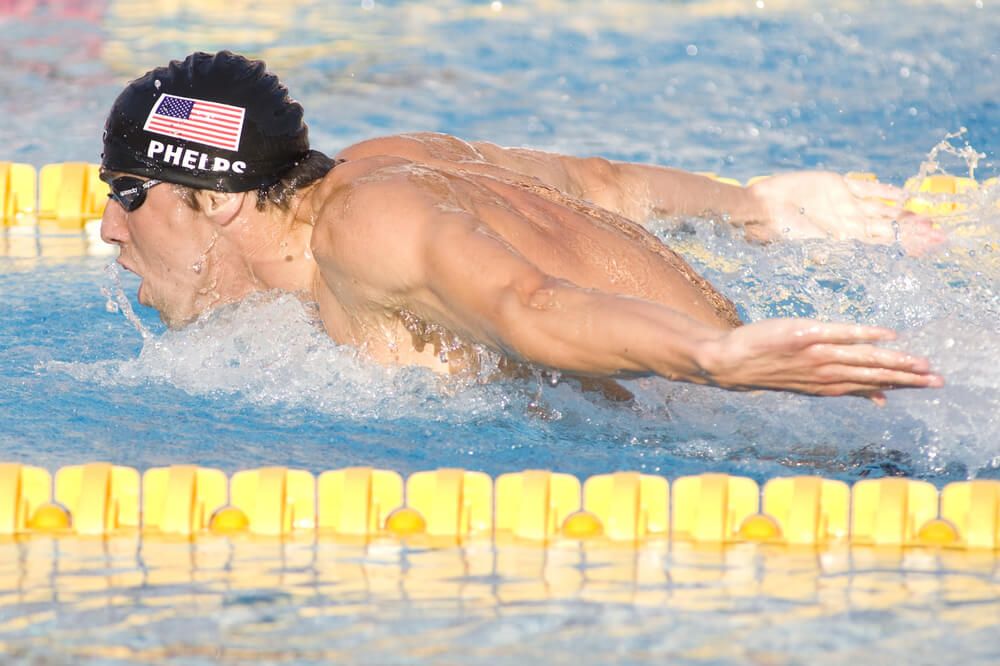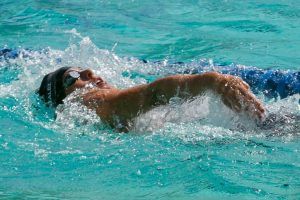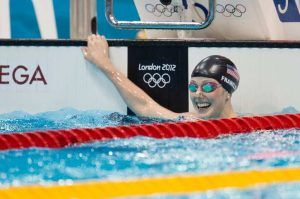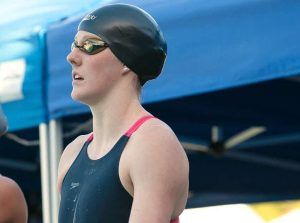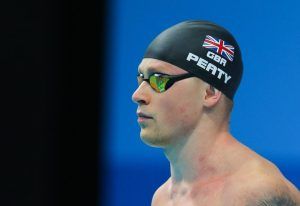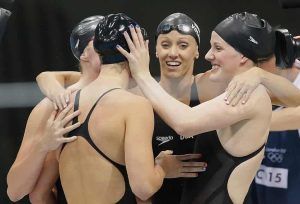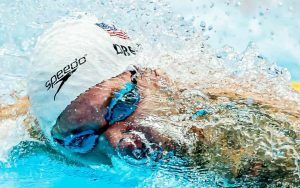“I still can’t stand to lose,” Michael Phelps told reporters in advance of the Pan Pacific Championships last summer.
Known for his ultra competitiveness and willingness to find motivation in just about anything, Phelps has used his losses in the past to propel him towards greater achievements in the pool.
This abhorrence towards losing is a quality that we all share, and not just reserved for the G.O.A.T. and other top swimmers.
You too can harness this weird little tendency that we all have to avoid losing. Whether you realize it or not, we are wired to hate to lose.
SEE ALSO: 5 Swimming Posters to Keep You Motivated This Season
After all…
Ever notice that when you go on a hot streak—whether it is making X number of morning workouts in a row or consistently crushing the main set—that breaking the streak becomes more of a disappointment than the actual bad workout or set that caused it?
This is something called loss aversion in action. It’s a bias in decision making where at the end of the day we lean towards avoid losing compared to striving for wins.
And it is something that is surprisingly common:
- When years of PGA golf results were analyzed—2.5 million putts in total, researchers at Wharton discovered that pro golfers—the top performers in the game—would consistently play conservatively when they had the opportunity to come in under par. The risk of getting a bogey weighed more on the mind of even the most elite golfers, including Tiger Woods, than the thrill of a birdie.
- When grocery shoppers in the D.C. area were imposed a 5 cent tax on plastic bags the amount of disposal bags used was cut by a substantial amount. On the other hand, when another group of shoppers were offered a 5 cent bonus to use a reusable bag the incentive had no impact on behavior.
In both cases, the pull of not wanting to lose was greater than the push of wanting to gain.
So how can we use this concept to swim more consistently, and ultimately, faster?
Here are a couple ideas:
1. A jar full of jelly beans (or dollars).
A coach of mine at the beginning of every season would tell us that we each had a big jar full of metaphorical jelly beans. (I’ll have peanut butter M&M’s in my jar please and thank you.)
Each time you missed a practice you would have to pull out one jelly bean. It provided a visual representation for us—that we only had a certain amount of days and practices allotted to make the improvements necessary to achieve our season-end goals. Whenever a swimmer missed a workout our coach would remind him or her—“pull a jelly bean out!”
You can use this yourself with an actual jar of jelly beans, or even by penalizing yourself a dollar amount each time you miss a session.
2. The Seinfeld productivity trick.
Jerry Seinfeld, yes, the Jerry Seinfeld, told an aspiring comedian the secret to being a better comic.
Each month he’d print out a simple, no-frills one month calendar, and for each day that he did a set number of work on his comedy he would write out a big “X” across that date on the calendar. Once a few days in a row were crossed in, and those few days turned into weeks, he’d find it harder and harder to “break the chain.”
You can do the same thing with your swimming. Print out a small calendar and for each day that you attend your workouts, cross it out with a big, colorful pen.
Once that chain starts to grow, you will discover that the thought of breaking it will motivate you to show up every day and avoid shattering the streak and having to start over.
SEE ALSO:
- 7 Harsh Realities of Being Great in the Pool
- Want to Be Ruthlessly Committed to Your Swimming Goals? Start Here.
- 6 Things to Remember When Training Gets Tough
Enjoy this article? Join 9,000+ fellow swimmers who read my newsletter last week. Sign me up!

